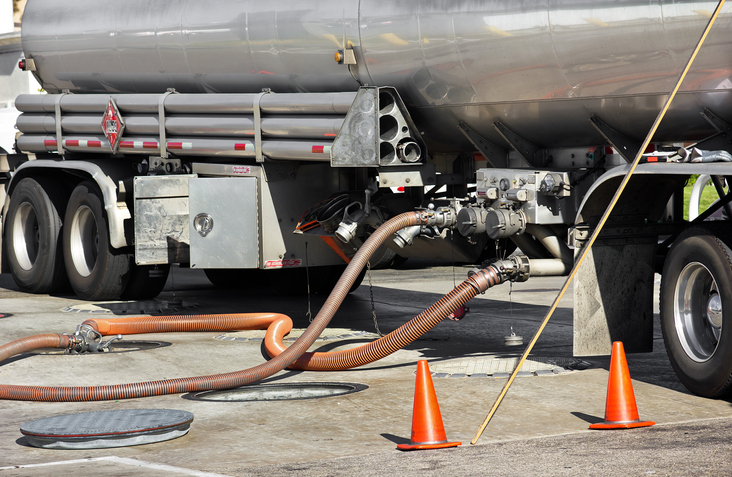In an era marked by rapid technological advancements and a growing emphasis on sustainability, the traditional gas station is undergoing a revolutionary transformation. The future of fuel delivery extends far beyond the conventional petrol pump, inviting us to embrace innovative solutions that align with the evolving needs of both consumers and the planet. As electric vehicles gain prominence, charging infrastructure is becoming an integral part of our urban landscape. Charging stations are no longer limited to designated areas but are seamlessly integrated into everyday spaces – from parking lots to residential complexes. The convenience of at-home charging stations is also on the rise, empowering individuals to power up their electric vehicles effortlessly while they sleep or engage in other activities. Moreover, hydrogen fuel cell technology is making strides, offering a clean and efficient alternative to conventional gasoline. Hydrogen fueling stations are emerging as key players in this evolving landscape, providing a sustainable option for a wide range of vehicles, including buses, trucks, and personal cars. The rise of autonomous vehicles further transforms the fuel delivery landscape. These vehicles, equipped with advanced technologies and intricate sensors, are capable of optimizing fuel consumption and planning routes that minimize environmental impact.

This shift towards autonomy also introduces the concept of automated fueling stations, where vehicles can seamlessly refuel without human intervention. Such stations would leverage artificial intelligence to coordinate with vehicles, ensuring a smooth and efficient refueling process. This not only enhances convenience for consumers but also maximizes the efficiency of fuel delivery systems, reducing overall energy consumption and environmental footprint. Additionally, the convergence of digital technology and fuel delivery is reshaping the entire consumer experience. Mobile apps and smart devices enable users to locate the nearest charging or fueling station, check real-time availability, and even pay for services without leaving their vehicles. This anytime fuel pros austin interconnected ecosystem fosters a user-centric approach, making fueling a seamless part of our daily routines. Loyalty programs and personalized promotions further enhance customer engagement, incentivizing eco-friendly practices and fostering a sense of responsibility towards sustainable transportation.
Biofuels, synthesized from organic materials, and synthetic fuels, produced using renewable energy sources, present promising solutions to mitigate the environmental impact of transportation. As these alternatives become more mainstream, fuel delivery services are adapting to accommodate a diverse range of energy sources, catering to the evolving preferences of environmentally conscious consumers. In conclusion, the future of fuel delivery is characterized by a dynamic blend of renewable energy, autonomous technologies, and digital connectivity. The traditional gas station is evolving into a multifaceted network that encompasses electric charging stations, hydrogen fueling points, and automated service hubs. Embracing this future means not only redefining how we power our vehicles but also embracing a sustainable and interconnected ecosystem that prioritizes efficiency, convenience, and environmental responsibility. As we journey beyond gas stations, we usher in an era where the fueling experience becomes an integral part of our commitment to a greener and more technologically advanced world.
